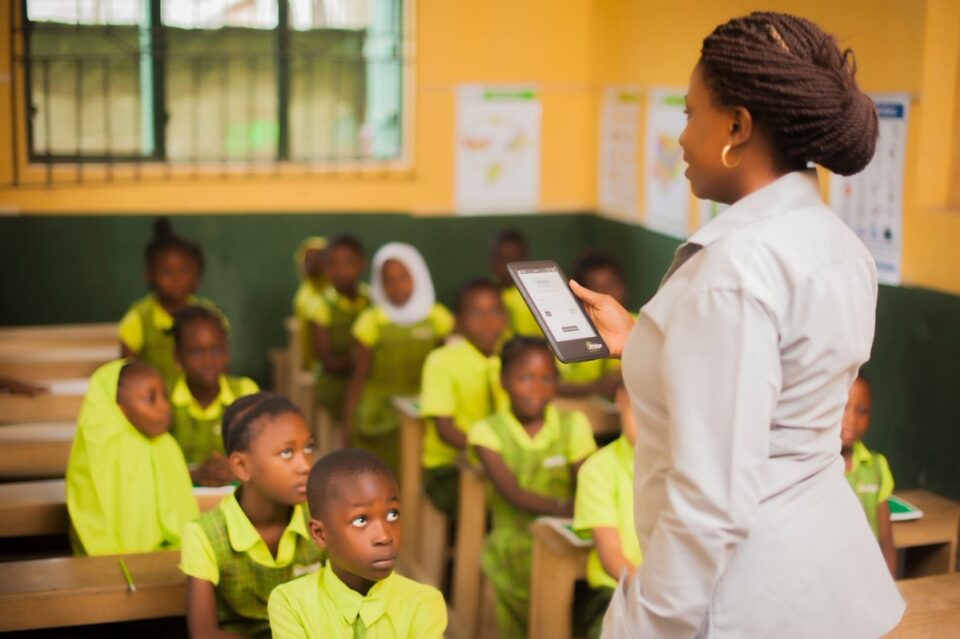Controversial chain of private schools in Africa, New Globe Schools, better known as Bridge International Academies (BIA) are facing a bleak future after the World Bank’s International Finance Corporation (IFC) withdrew financing over cited fundamental flaws on their expenditure, The Informer can authoritatively reveal.
BIA is not new to controversies, in 2018, Global Justice Now, an anti-poverty campaign lobby group wrote to the United Kingdom’s International Development Secretary Penny Mordaunt on behalf of a range of groups to call on the UK to halt funding for BIA, which runs over 500 private schools in India, Kenya, Liberia, Nigeria, and Uganda.
Since 2014, IFC had invested a whooping Sh1.5 billion on BIA, with the intention of supporting the company’s expansion to other countries. The exit was effected on March 3, 2022.
The withdrawal, which is unusual for the IFC, was confirmed through a note published on 9 March this year.
It comes after a number of scandals surrounding BIA and a series of serious complaints to the IFC’s independent accountability mechanism, the Compliance Advisor Ombudsman (CAO) regarding the IFC’s investment in the company, the Global Initiative for Economic, Social and Cultural Rights said in a report.
Allegations in the complaints range from violations of labour rights, child sexual abuse involving BIA staff and students, and inadequate health and safety measures that led to the tragic death of one child and the injury of another.
“The divestment, which is unusual for the IFC, was confirmed through a note published on 9 March. It comes after a number of scandals surrounding BIA and a series of serious complaints to the IFC’s independent accountability mechanism, the Compliance Advisor Ombudsman (CAO) regarding the IFC’s investment in the company.
Allegations in the complaints range from violations of labour rights, child sexual abuse involving BIA staff and students, and inadequate health and safety measures that led to the tragic death of one child and the injury of another,” Nadia Daar, Head of Oxfam International’s Washington DC office, said.
In response, Anderson Miamen, National Coordinator of the Coalition for Transparency and Accountability in Education (COTAE) in Liberia termed the IFC move as bold, saying it was long overdue.
“This is an extremely welcome development and a win for ongoing efforts by right-to-education campaigners and others to push for more investment in public education by governments and development partners across the world, especially in Africa,” Miamen said.
“We call on the World Bank to work directly with governments to increase the quality, inclusiveness, and gender sensitivity of public education and schools.”
Salima Namusobya, Executive Director of Uganda’s Initiative for Economic and Social Rights (ISER), said: “The BIA model and its implementation undermined the right to education and the rule of law in Uganda.”
Namusobya added that, “the IFC divestiture comes at a time when a majority of BIA schools have closed down since their for-profit model was unsustainable, particularly in the wake of COVID-19. We hope other investors will follow suit.”
This funding withdrawal also follows the IFC’s landmark 2020 announcement that it would freeze all direct and indirect investments in private, fee-charging K-12 schools “in response to concerns by external stakeholders about the impact of private schools on education quality and access”.
A number of organisations, academics and UN Special Rapporteurs have demonstrated how these schools deepen inequalities and exclude the poorest children, and girls.
Civil society organizations are calling on other BIA investors to follow the IFC’s lead.
They are also calling for a speedy resolution to the CAO complaints filed by communities in Kenya, and for the IFC to ensure it exits from this investment in a responsible way.
Its duty to affected families and communities in Kenya does not end with this divestment, and the IFC must work to provide effective remedy as needed.
The World Bank’s public sector arm must also step up and expand its support to the countries affected by the investment — Kenya, Liberia, Uganda, Nigeria and India — to fulfil their constitutional obligations to provide free and quality public education for all children, particularly in underserved areas.
So how did it all start?
In 2018, civil society groups published an open letter to investors in BIA, outlining concerns and urging them to cease support.
Since then, additional concerns and scandals have been highlighted in the media, including the reported electrocution death of a child in a BIA school in Kenya, major teacher pay cuts in Liberia and Kenya during COVID-19, and charges of fraud and theft brought against a former Bridge director in a previous role.
In 2019, more than 170 civil society organizations from 64 countries called on the World Bank Group to end support to for-profit private education (2019)
In 2020, the IFC committed to freeze investments in for-profit K-12 schools, responding to concerns from civil society and leadership from U.S. Congresswoman Maxine Waters.
Similar recent policy shifts have included the Global Partnership for Education’s decision in its 2019 Private Sector Strategy to prohibit funding to for-profit provision of core education services, and a 2018 resolution by the European Parliament that declared the European Union and its Member States must not use development aid money to fund commercial private schools.
There's no story that cannot be told. We cover the stories that others don't want to be told, we bring you all the news you need. If you have tips, exposes or any story you need to be told bluntly and all queries write to us [email protected] also find us on Telegram

